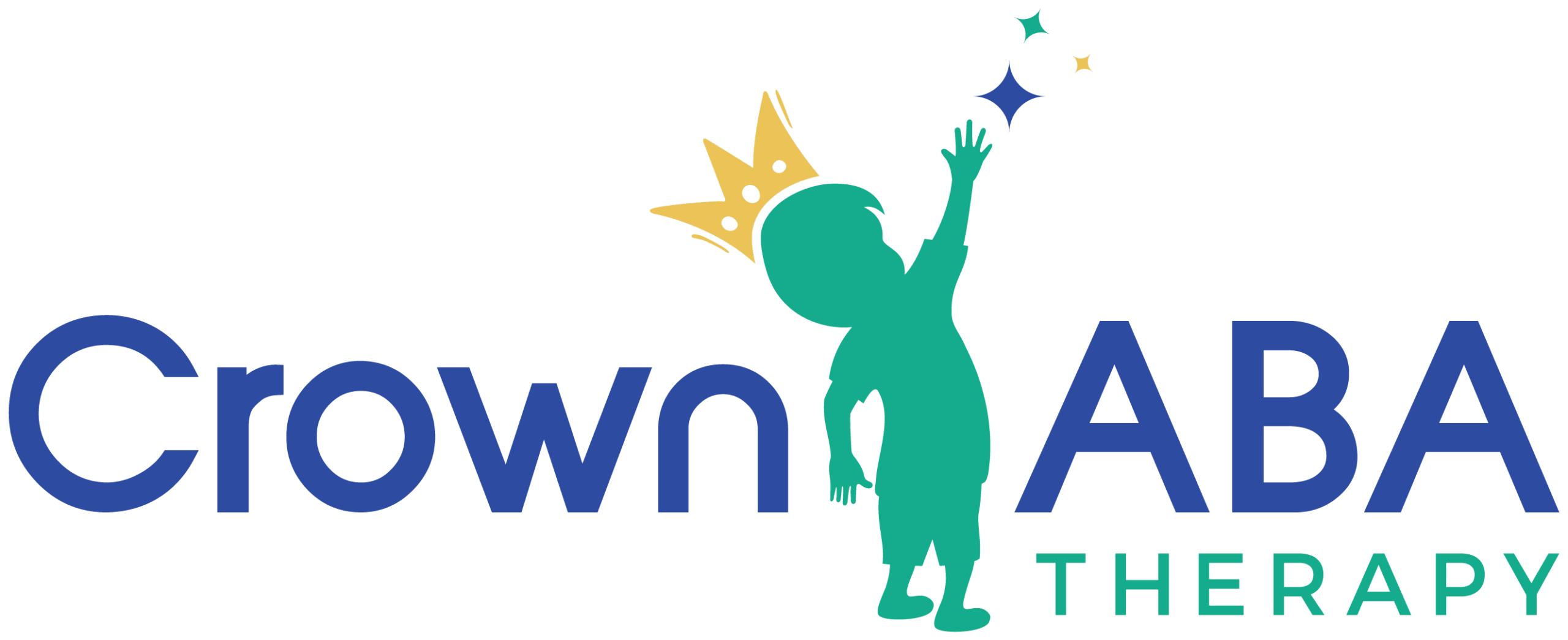Key Points:
- Different types of magnesium offer unique benefits for individuals with autism, especially in calming anxiety, improving sleep, and reducing irritability.
- Magnesium deficiency may contribute to symptoms often seen in autism, and supplementation must be carefully chosen and dosed.
- Understanding the safest forms, proper dosage, and how to use magnesium in conjunction with other therapies can help parents make informed choices.
Finding the right support for a child or loved one with autism often includes exploring nutritional strategies that may complement therapy. One question that comes up frequently is which magnesium is best for autism, and for good reason. Magnesium plays an important role in brain function, mood regulation, and stress response — all areas that can present challenges for individuals on the autism spectrum.
Is Magnesium Helpful for Autism Symptoms?
Yes. Experts suggest magnesium may ease hyperactivity, anxiety, and sleep problems in autistic individuals, especially when deficiency is present.
What Does Magnesium Do and Why Does It Matter for Autism?
Magnesium is a vital mineral involved in over 300 biochemical processes in the body. It helps regulate nerve transmission, muscle function, and the body’s stress-response system. For individuals with autism, these processes are especially important, as they may experience heightened anxiety, sensory overload, or sleep disturbances.
Studies and clinical observations suggest that children and adults with autism may have lower levels of magnesium. This deficiency could contribute to symptoms such as irritability, poor sleep, attention difficulties, and heightened sensory responses. Supplementing magnesium may not be a cure, but it can support overall brain function and help reduce stress-related behaviors when used appropriately.
Some forms of magnesium are better absorbed and tolerated than others, which leads to the essential question: Which magnesium is best for autism? The answer depends on how the supplement is processed by the body, what symptoms are being targeted, and individual tolerability.
Which Magnesium Is Best for Autism? 4 Types and Their Benefits
Before selecting a magnesium supplement, it’s important to understand the differences between types. Some forms are more bioavailable (easily absorbed) while others target specific symptoms more effectively. Let’s explore the different types of magnesium and how they may benefit individuals on the autism spectrum.
1. Magnesium Glycinate
Magnesium glycinate is one of the most recommended forms for individuals with autism due to its calming properties. This combination of magnesium and the amino acid glycine helps reduce anxiety, improve sleep, and support emotional regulation. It’s highly bioavailable and gentle on the stomach, making it a suitable option for children or those with digestive sensitivities.
2. Magnesium Citrate
Magnesium citrate is a well-absorbed supplement often used to ease mild constipation, a common issue among individuals with autism. It may also support muscle relaxation and help reduce hyperactivity. However, due to its laxative effect, dosage should be monitored carefully.
3. Magnesium Threonate
This form is valued for its ability to cross the blood-brain barrier, potentially enhancing memory, attention, and overall brain health. However, it tends to be more expensive and may require higher doses to achieve noticeable effects.
4. Magnesium Oxide
Although widely available, this form is poorly absorbed and primarily used as a laxative, offering limited neurological benefits and potentially causing gastrointestinal discomfort at higher doses.
How Much Magnesium Is Safe for Autism? Dosage Guidelines
Magnesium dosage varies depending on age, weight, and nutritional needs. Too little may be ineffective, but too much can lead to side effects like diarrhea, cramping, or low blood pressure. Here’s a helpful breakdown of general guidelines.

Always start with a lower dose and gradually increase if needed. It’s best to administer magnesium with food to enhance absorption and minimize stomach upset. For children, chewables, powders, or liquid forms are often easier to manage.
How Do You Know If Your Child Needs Magnesium?
Symptoms of magnesium deficiency can be subtle but may overlap with common challenges seen in autism, such as sensory sensitivities, sleep disruption, and mood instability. Before supplementing, understanding the signs of a possible magnesium deficiency can help guide whether testing or dietary changes are needed.
Possible signs of low magnesium include:
- Trouble falling or staying asleep
- Muscle cramps or tics
- Irritability or mood swings
- Constipation
- Difficulty concentrating or hyperactivity
Magnesium levels can be checked through blood or hair analysis, though results may not always reflect cellular levels accurately. Dietary intake should also be reviewed. Foods rich in magnesium include leafy greens, nuts, seeds, and whole grains, though sensory aversions in autism can make this difficult. For additional strategies to support individuals with autism, including medication options, see our guide on Aripiprazole Dosage for Autism: Guide to Effective Use.
Can Magnesium Be Combined with Other Treatments for Autism?
Yes, magnesium is often used alongside behavioral therapies, sensory integration, and other nutritional strategies. It’s not a standalone treatment but can play a meaningful role in a broader support plan.
Many parents notice the best results when magnesium is paired with therapies like Applied Behavior Analysis (ABA), which helps children develop communication, learning, and daily living skills. Nutritional support can enhance the body’s ability to regulate mood and focus, making therapeutic interventions more effective.
Just be mindful of interactions. Some medications, like certain antipsychotics or antibiotics, may interact with magnesium, so coordination with healthcare professionals is key.
 Supporting Autism Beyond Supplements: Consider ABA Therapy
Supporting Autism Beyond Supplements: Consider ABA Therapy
If you’re seeking ways to support your child beyond supplements like magnesium, ABA therapy is one of the most evidence-based and effective treatments available. ABA focuses on helping individuals with autism develop skills in communication, behavior regulation, learning, and social interaction.
At Crown ABA, we provide compassionate and personalized ABA therapy in Maryland, tailored to meet each child’s unique needs. Our team works closely with families to build meaningful progress through play-based and data-driven strategies.
Whether you’re just starting your journey or looking for additional support, Crown ABA is here to help. Contact us today to learn how we can support your child’s growth and confidence through expert ABA care.





